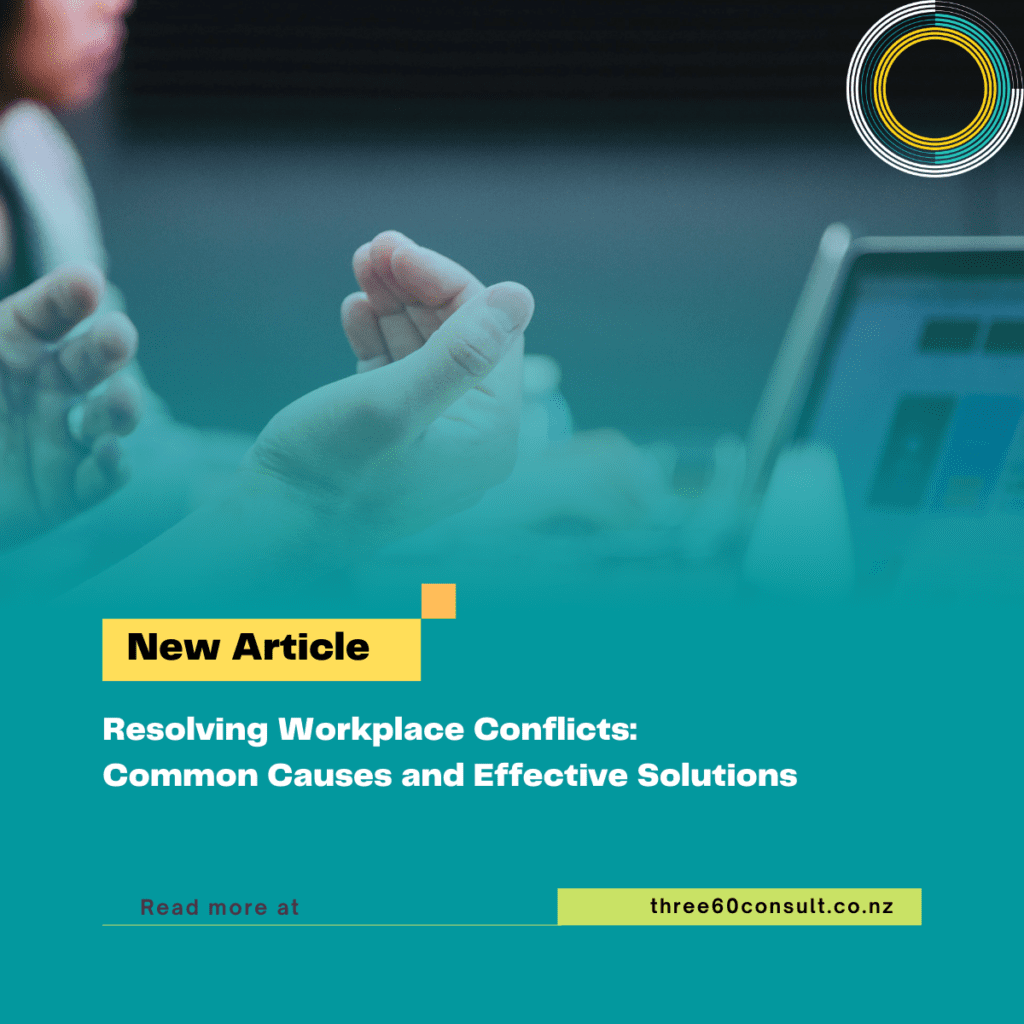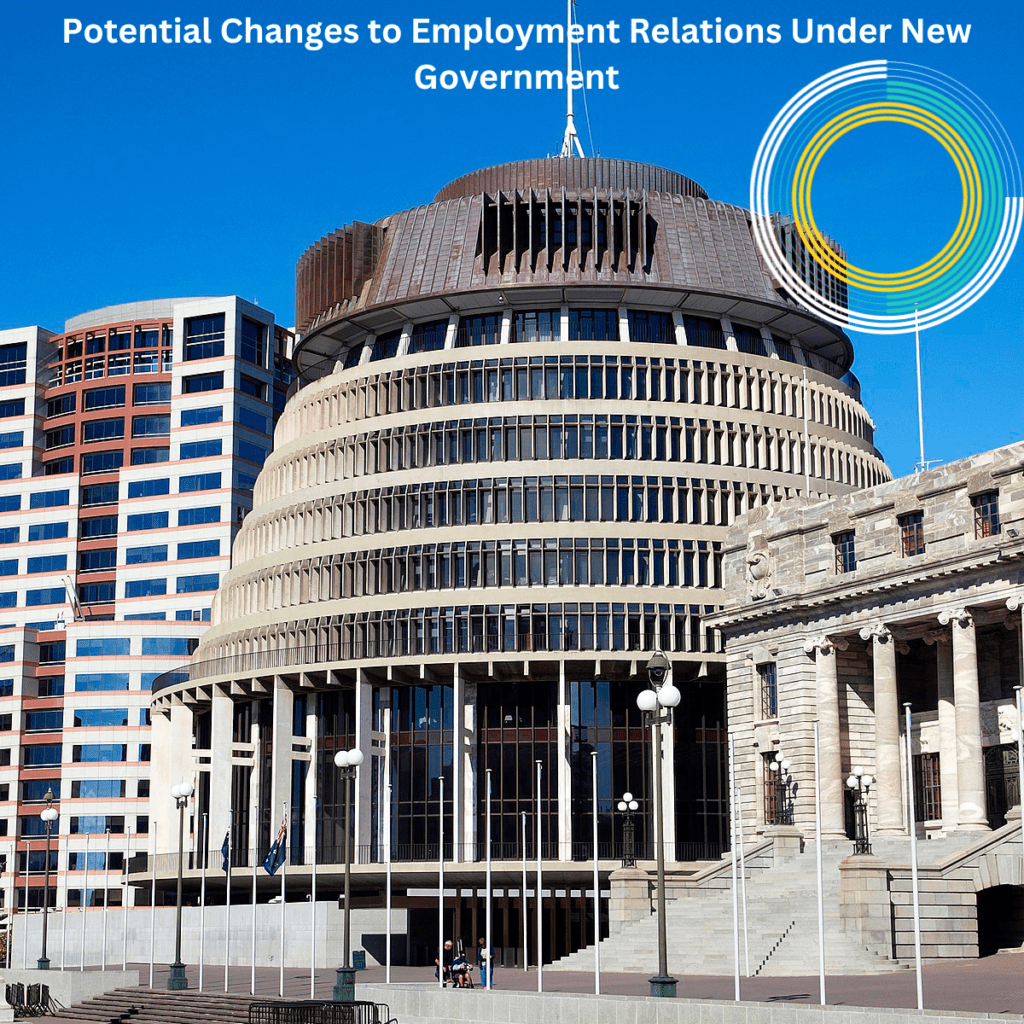Mediations can now be completely remote via virtual alternatives, face-to-face, or a hybrid of both in-person and virtual. With so many options, deciding which format is the most effective and how to adopt the best approach brings challenges.
In this article, we explore how face-to-face mediation is still the more desirable option and its benefits, such as building connection and relationships, enhancing communication and, most importantly, developing trust, which is crucial for resolving conflicts.
The Case for Face to Face Mediation
A few weeks ago, when requesting face to face mediation for one of our clients, the representative on the other side proclaimed we were only seeking face to face, rather than via zoom, to inconvenience him. I was surprised by this response and it got me thinking more about the trade-offs we make when selecting a mode of mediation.
Traditionally speaking, mediation has usually looked like a large board room table, with chairs on either side and a space at the head of a table for a mediator. However, through the advancements of technology, remote mediations are now a viable option for parties which is utilised across the public and private mediation space.
While there is no doubt that virtual mediations can be beneficial for parties who are juggling logistics such as locational differences and tight timeframes, the benefits of face-to-face mediation remain significant and shouldn’t be forgotten.
In this blog post, we will explore how face-to-face mediation takes the trophy as the preferable mediation setting.
Enhanced Communication
One of the primary benefits of face-to-face mediation is the ability to establish clear and effective communication between parties.
Non-verbal cues, such as body language, facial expressions, and tone of voice, play a crucial role in understanding and resolving conflicts. In a face-to-face setting, participants have a clearer opportunity to observe and interpret these non-verbal signals, which can foster empathy, build trust, and facilitate a deeper understanding of each party’s perspectives and emotions.
These cues are also very important for mediators, as it informs and assists the mediator with knowing when to take a break for parties, deescalating conflict and how to counsel parties on options.
Trust and Rapport Building
Face-to-face mediation allows for the development of trust and rapport between disputing parties and the mediator. Trust is crucial in resolving conflicts, as it encourages open and honest communication, reduces defensiveness, and promotes collaboration.
The physical presence of the mediator can help establish credibility and build a personal connection with the parties involved. This can lead to a more cooperative and productive mediation process.
As the neutral third party, the mediator also has the important role of retaining control over the process and space. This often means managing parties to ensure that they behave appropriately and refrain from overexerting power over the other party. Being a physical presence empowers a mediator in such situations.
Emotional Support and Empathy
Conflicts often evoke strong emotions, and face-to-face mediation provides a conducive environment for emotional support and empathy.
The mediator can observe and acknowledge participants’ emotional states, offer reassurance, and guide them through the emotional aspects of the dispute.
Face-to-face interaction enables parties to share their feelings and concerns more openly, fostering a sense of empathy and facilitating the development of mutually beneficial solutions.
Flexibility and Adaptability
Face-to-face mediation allows for greater flexibility and adaptability to the unique needs of each conflict.
The mediator can adjust the process and techniques based on the dynamics, personalities, and cultural backgrounds of the participants. Flexibility in face-to-face mediation promotes customisation and tailoring of the process, which can enhance its effectiveness and increase the chances of reaching a satisfactory resolution.
Building Sustainable Agreements
In face-to-face mediation, parties have the opportunity to actively participate in creating their own agreements.
The interactive nature of in-person mediation enables brainstorming, negotiation, and joint problem-solving, leading to agreements that are more likely to be sustainable and enduring. The benefits of physically writing down options and exploring these on a whiteboard should not be overlooked!
Face-to-face mediation promotes a collaborative atmosphere, encouraging parties to consider their underlying interests and find mutually acceptable solutions, rather than focusing solely on rigid positions.
Conclusion
While remote mediation options have gained popularity and offer a good solution for parties who cannot be together for any number of reasons, face-to-face mediation offers numerous advantages that significantly contribute to its effectiveness.
The benefits of face-to-face mediation go beyond simple dispute resolution; they contribute to building healthier relationships and fostering a culture of open dialogue and cooperation.
At Three60 Consult we have a team of experienced mediators who are well versed in both physical and virtual mediations. If you have an employment relationship problem that you need assistance navigating, contact our team today to learn more about our conflict resolution options and mediation services.









